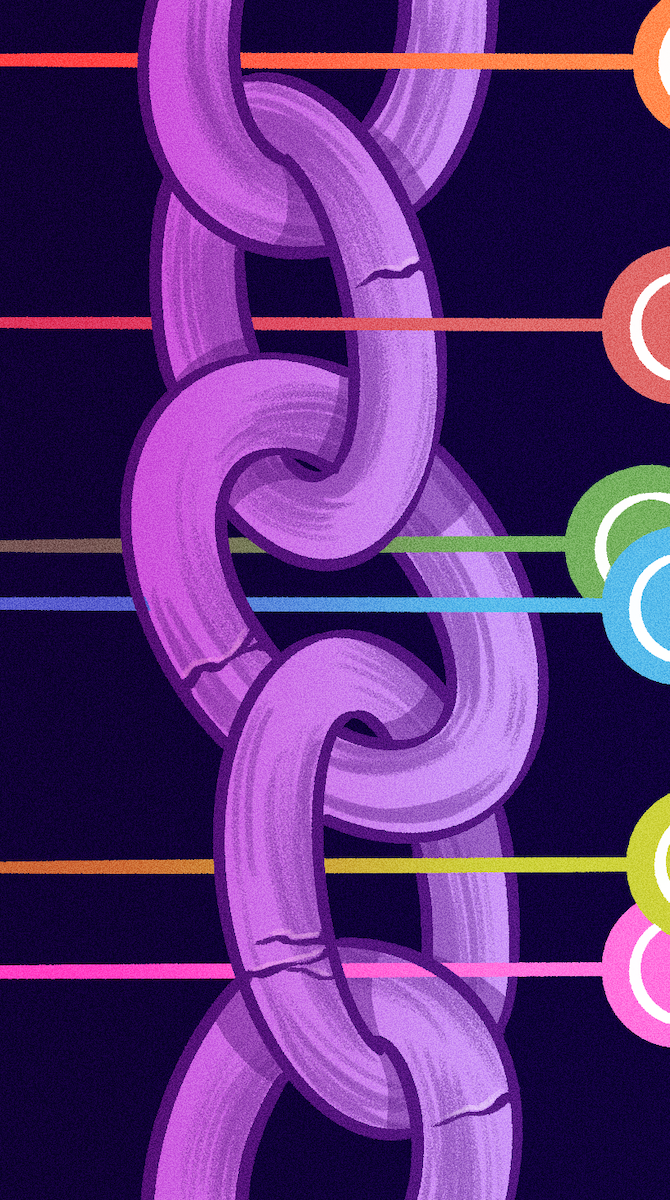June 21 Tehran, Iran: Ebrahin Raisi, Iran’s president-elect, made his first remarks since his election win on Saturday, according to Reuters. In his remarks, Raisi supported talks between Iran and six other nations to revive a 2015 nuclear deal—but refused to meet with United States President Joe Biden. “We support the negotiations that guarantee our national interests,” Raisi said. “America should immediately return to the deal and fulfil its obligations under the deal.” According to Deutsche Welle, Raisi will become the first Iranian president to be under U.S. sanctions before entering office, due to his involvement in mass executions in 1988. The Iranian election faced controversy, as candidates were chosen by Iran’s Guardian Council. Out of the 592 candidates that registered to run for president, only seven were approved by the Council, according to Al Jazeera.
June 24 Hong Kong: Following the arrests of five top editors and executives and the freezing of $2.3 million of its assets by police, Hong Kong’s last pro-democracy print newspaper, Apple Daily, sold out of its final edition within hours, according to AP News. “This is our last day, and last edition, does this reflect the reality that Hong Kong has started to lose its press freedom and freedom of speech?” asked Dickson Ng, an Apple Daily graphic designer, in comments to AP News. On the night of June 23, supporters gathered outside of the office and shined their phone flashlights in solidarity. The paper printed one million copies for their last issue, compared to their typical 80,000 copies. “The forced closure of Apple Daily is the blackest day for media freedom in Hong Kong’s recent history,” said Yamini Mishra, Amnesty International’s Asia-Pacific regional director. “This is an unacceptable attack on freedom of expression.” According to BBC, Hong Kong’s government accused the newspaper of publishing reports in violation of a national security law.
June 25 Gibraltar: Officials announced an ease on Gibraltar’s strict anti-abortion law following a referendum vote on June 24, according to Reuters. The British territory of only 32,000 people has one of the strictest anti-abortion laws in Europe: all abortions are banned and punishable by up to life in prison. According to BBC, approximately 62% of voters supported the change, which would allow pregnancies to be terminated by a physician within the first 12 weeks, depending on the potential risk to the mental and/or physical health of the pregnant person. “I am not pro-abortion, but I am pro-choice,” said Sheela, a Gibraltar resident. “I think every person should have, at the end of the day, their own right to do what they want.” Gibraltar’s Chief Minister Fabian Picardo announced that the new law would be implemented within 28 days. “Today Gibraltar voted yes—yes for human rights, yes for women and girls, yes for trusting doctors and healthcare professionals, yes for choice, yes for compassion and empathy,” said Isobel Ellul, a campaigner for the change in law.
June 26 Sydney, Australia: Australia entered a strict two-week lockdown in an attempt to contain the spread of the Delta COVID-19 variant, according to Reuters. 110 cases of the Delta variant have been detected in Sydney. Darwin, a city in Northern Australia, also entered a two-day lockdown after a cluster of cases were linked to a mine worker and authorities were unable to track down all close contacts. “Given how contagious this strain of the virus is, we do anticipate that in the next few days, case numbers are likely to increase beyond what we have seen today,” said Gladys Berejiklian, Premier of New South Wales, at a news briefing on Sunday. Al Jazeera reported that the lockdown requires people to stay home for 14 days with exceptions only for buying essential goods, exercise, medical care and school, as well as for those who are unable to work from home. “I would rather regret us going too hard, too early than go too easy and risk it all,” said Chief Minister Michael Gunner.




